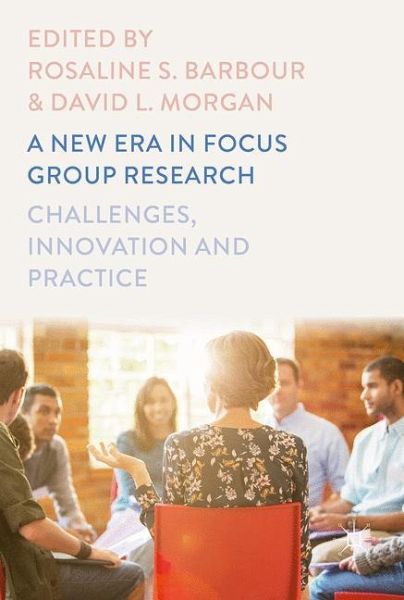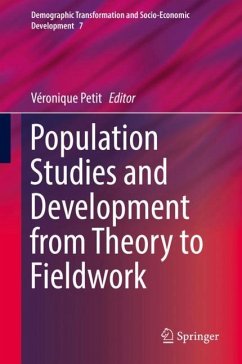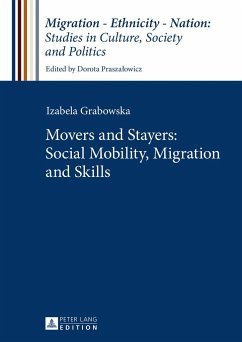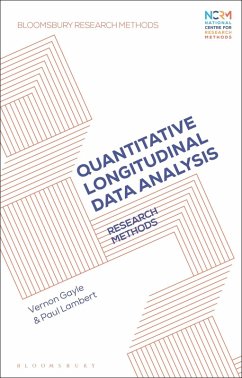
A New Era in Focus Group Research
Challenges, Innovation and Practice
Herausgegeben: Barbour, Rosaline S.; Morgan, David L.

PAYBACK Punkte
61 °P sammeln!
This volume provides a critical approach to using focus groups, examining how focus groups have been utilized to research a diverse set of research questions covering a broad spectrum of substantive fields. The collection acknowledges the tensions between different research traditions, disciplinary emphases, funding climates, cultural, political, and ethical contexts, and the ever-changing policy backdrop. Contributors to this book encourage researchers to question and surmount disciplinary and terminological labels and disputes in order to capitalize on the full potential of focus groups, to ...
This volume provides a critical approach to using focus groups, examining how focus groups have been utilized to research a diverse set of research questions covering a broad spectrum of substantive fields. The collection acknowledges the tensions between different research traditions, disciplinary emphases, funding climates, cultural, political, and ethical contexts, and the ever-changing policy backdrop. Contributors to this book encourage researchers to question and surmount disciplinary and terminological labels and disputes in order to capitalize on the full potential of focus groups, to illuminate the complex collaborative processes involved in forming, debating, contesting, and revising opinions; making decisions; and forging identities.
The four sections that comprise this collection address, respectively, using focus groups in novel contexts; employing focus groups in mixed methods research designs; innovations in generating focus group data; and new theoretical developments.
A New Era in Focus Group Research will be of interest to students and scholars across disciplines as well as focus group practitioners outside of academia.
The four sections that comprise this collection address, respectively, using focus groups in novel contexts; employing focus groups in mixed methods research designs; innovations in generating focus group data; and new theoretical developments.
A New Era in Focus Group Research will be of interest to students and scholars across disciplines as well as focus group practitioners outside of academia.














